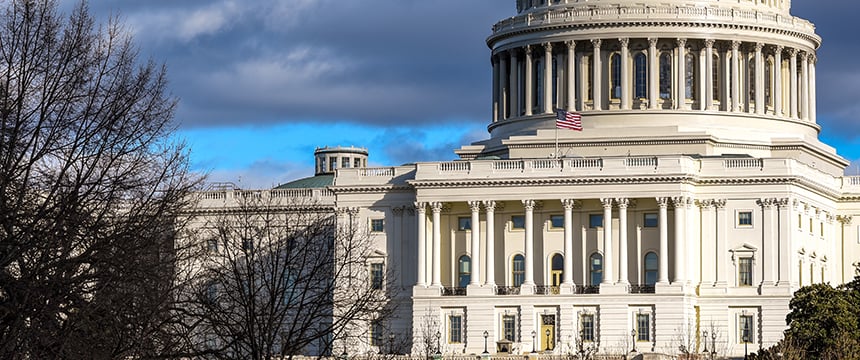Election Trending Toward the Democrats Just as Nearly Half the Electorate Casts Their Ballots in the Next 10 Days

It has been a popular topic the last few election cycles to bash the pollsters for missing the correct outcome of the election. A deeper look at the latest statistics combined with my over 40 years of observing elections tell me that if the pollsters miss the outcome this year, it will be because they have failed to see a blue wave.
Here are some data points that may indicate a trend this year:
- The Biden-Harris ticket is trending in a very positive direction this week, the week of the Vice Presidential Debate. Democrat Joe Biden holds leads in every “well regarded” poll in 8 of the 10 top battle ground states. The Democratic ticket even appears competitive in the states of Texas and Georgia, where polls show Biden and Trump even. No Democratic presidential candidate has been competitive in those states in the last 4 elections.
- Democrats are late deciders in elections, and minority communities that comprise much of the “Democratic base” have historically had lower voter turnout rates. This year, polling indicates that voters with diverse backgrounds are equally likely to vote. Elections officials are predicting record turnout.
In politics, hate is often a greater motivator than affection. In 2016, Republicans acted on a decades-long feud with the Clintons, and they took out their anger in big numbers at the ballot box. Recent polling, and my own conversations around the country, indicates that the “heat” is much higher on the Democratic side of the ledger in 2020. While Donald Trump enjoys a hardcore support at approximately 33%, today’s averaged disapproval rating for Trump is 55%, with the strong disapproval number at nearly 50%. Strongly disapproving voters rarely change their stripe this close to an election. Voters tend to not indicate “strong preference” easily with polling questioners, so this “strongly oppose” indication is significant. Independent voters are also trending against the President nearly 2 to 1 in the latest polling crosstabs I have studied. In addition, conventional wisdom states that late undecided voters nearly always break against the incumbent. I expect that to be especially true this time out, as the last two weeks have been disastrous for the Trump/Pence ticket. Trump was widely credited with a poor performance in the first Presidential debate, and the COVID-19 outbreak at the White House among family and staff has shaken confidence in his handling of the crisis.
Republican strategists I’ve spoken with this week are very worried that the fallout from the Presidential contest will also affect down ballot races, and I am aware of one Republican strategist recommending to his conservative-leaning clients to “make nice with the Democrats in Congress fast,” because it looks like they will be setting the rules for the next two years, at least. Charlie Cook, one of the leading prognosticators on congressional electoral outcomes, indicated it was likely that Democrats would pick up on the order of a dozen or more seats in the House of Representatives.
A blue wave could lock in Democratic control for much longer than the upcoming terms. Based on new data from the 2020 US Census, state legislatures around the country will soon grapple with redistricting and a post-census process called reapportionment. Reapportionment is a process whereby congressional seats are reallocated among the states according to current population. Each state gets at least one House member, but the rest of Congress’s 435 House seats will be greatly affected by reapportionment and by the outcome of the legislative elections that determine who controls drawing congressional lines. Some states have redistricting commissions designed to act in an independent manner, and I generally find them to be fair. However, in most states, the state legislatures draw the district lines, which can tilt the scales toward the party who’s in control of the line drawing process. I recently spoke with two State Senators that see big legislative swings in the offing. One State Senator in North Carolina believes they are one State Senate seat away from control of the upper chamber; and, with control of the Governor’s Mansion, they would be able to dictate, what he called, a more “fair redistricting,” resulting in picking up several Democratic Congressional seats in that state.
With weeks to go a lot can change, but as of today I am seeing the signs of a blue wave nearing our shores…
